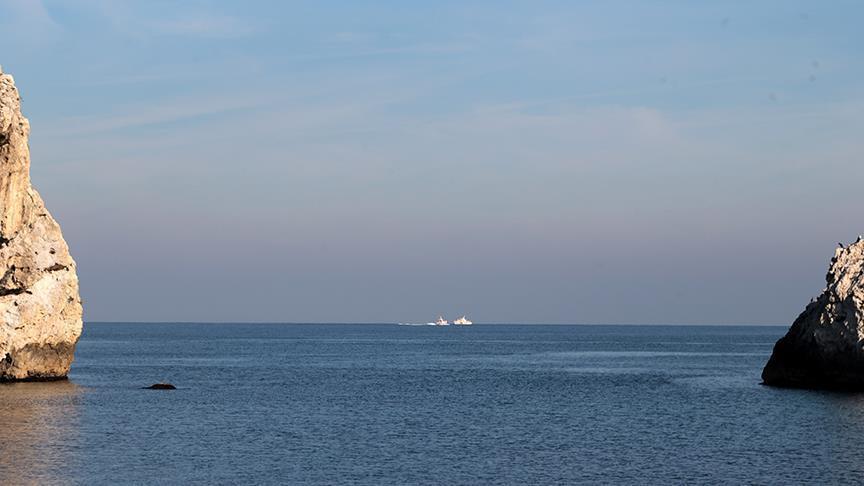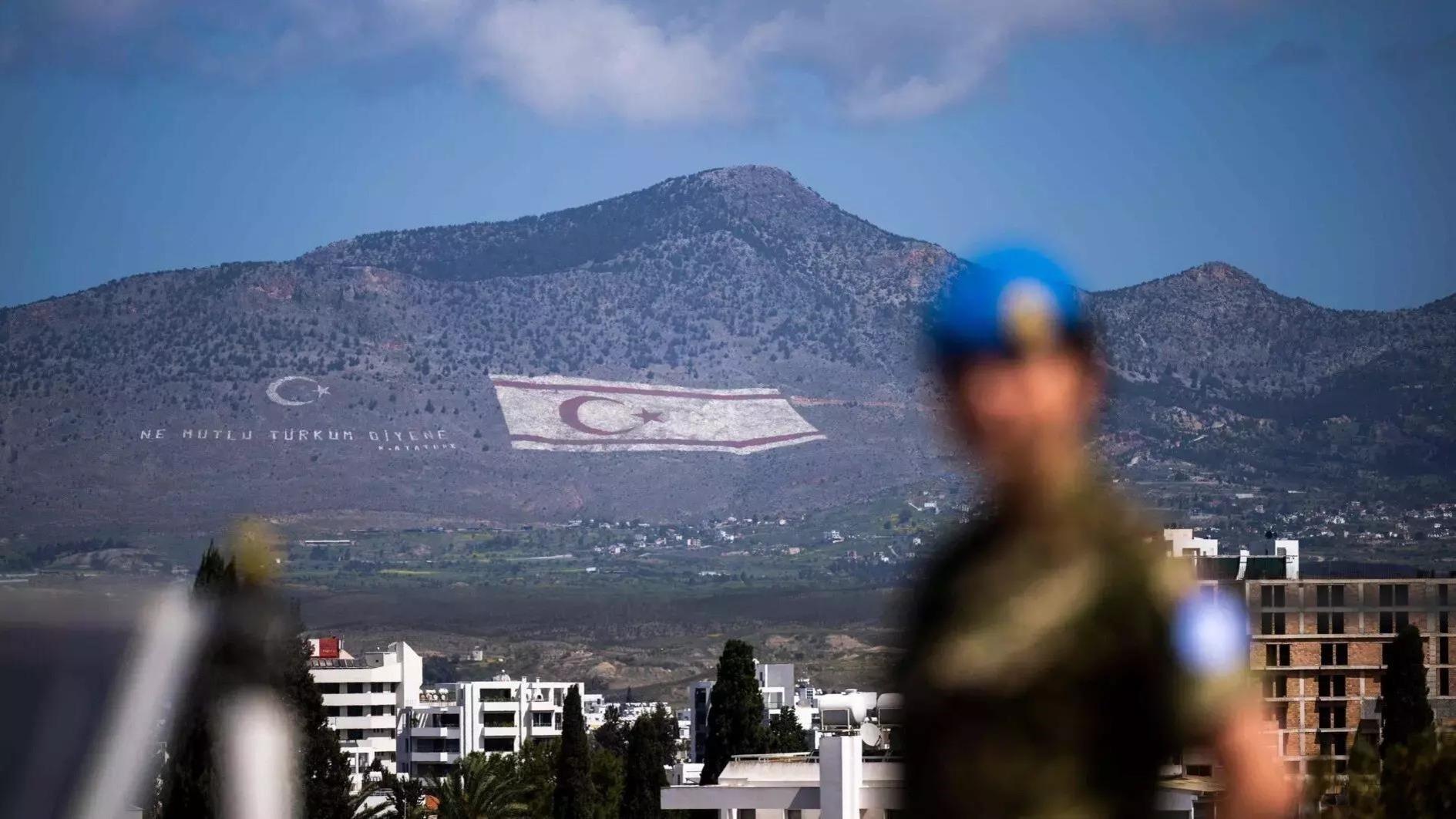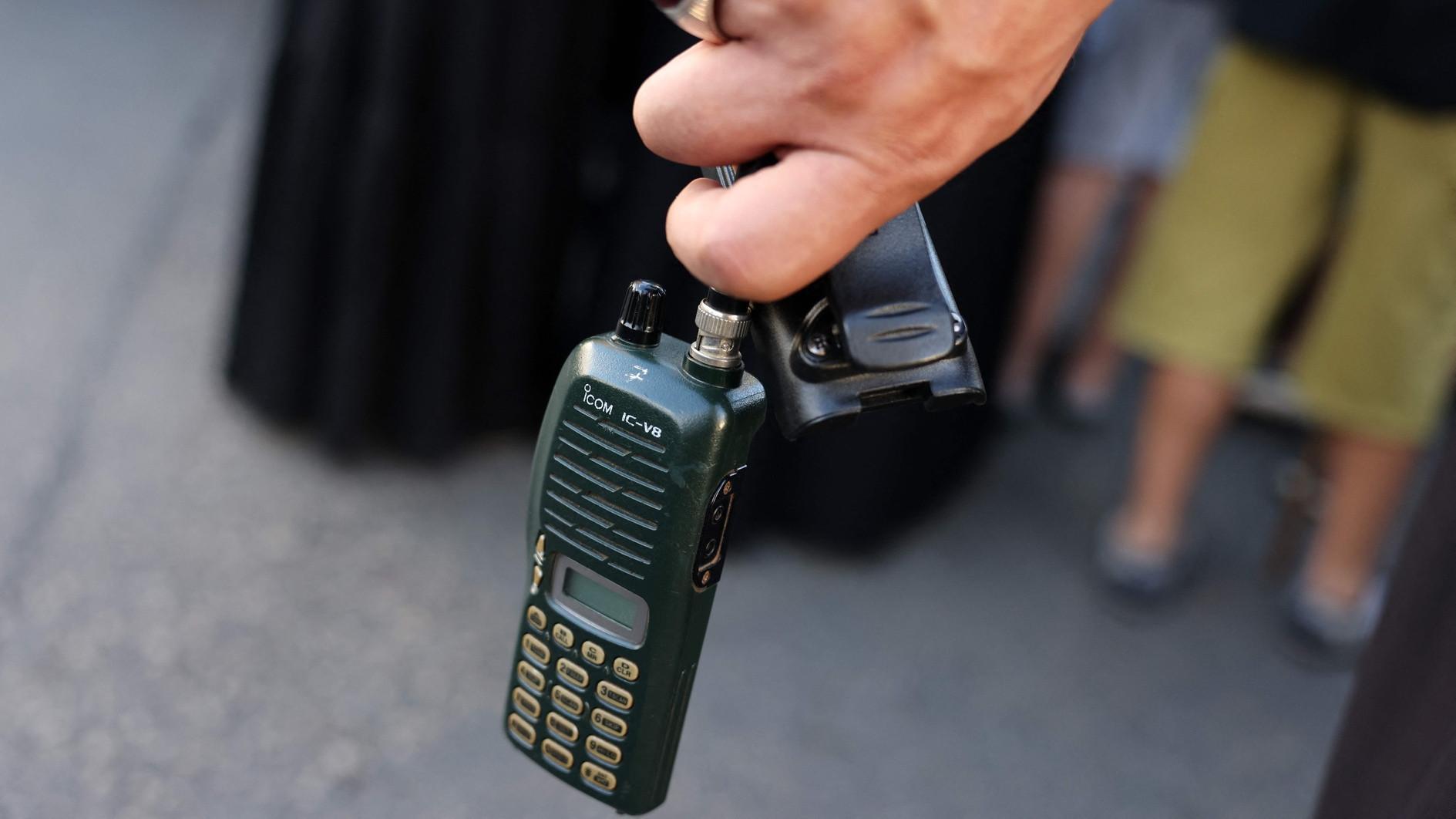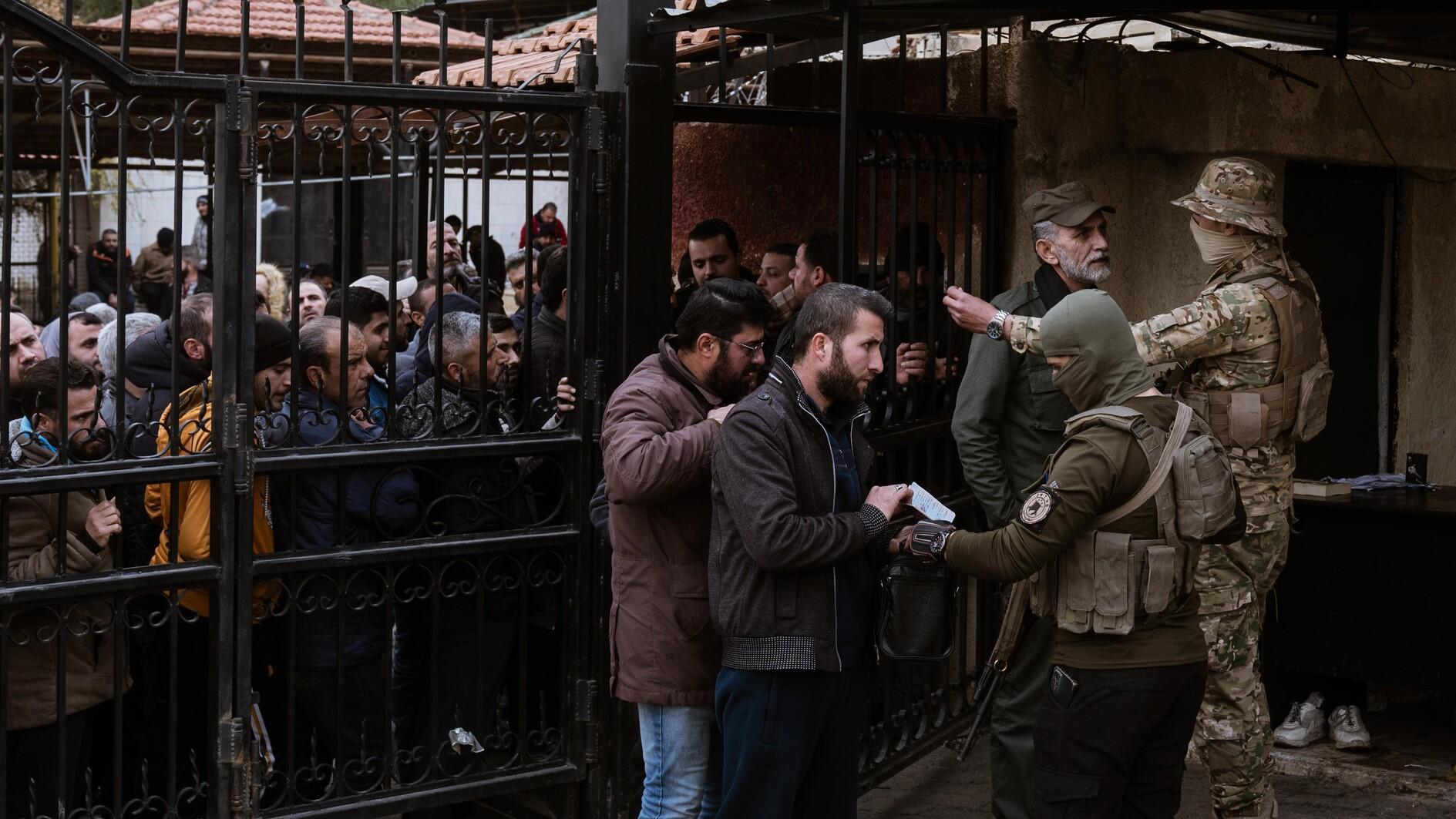A Greek tragedy
It might be better if, before making a judgment, an overview is made as regards what it is and what it is not in Cyprus’ offshore gas and the related complications, including Greek Cypriots walking out of the talks. Right from the early stages of the resumption of talks between then-Presidents Mehmet Ali Talat and Demetris Christofias within the so-called “Ibrahim Gambari process” – that was started on July 8, 2006 – the two sides had agreed on an undeclared moratorium regarding the use of the island’s offshore natural wealth. Furthermore, placing the island’s entire natural resources under the competency of the federal government was among the first batch of convergences. Up until the prosecutor investigating the unfortunate July 11, 2011 blast at a naval base – caused by the improper storage of tons of Syria-bound ammunition confiscated by the British and given to the Greek Cypriot government as a caretaker until the issue was resolved – placed the blame on Christofias and killed his political prospects, the moratorium was preserved. However, with his political ambitions tarnished, Christofias resorted to creating a “we will be rich” atmosphere, and thus regain his popularity, and started the gas exploration issue from which even the fascist Tassos Papadopoulos had refrained.
Why had Papadopoulos refrained from taking such moves? Because not only in the Greek Cypriot-murdered Annan Plan for a federal resolution on the island, but previous convergences, as well as the founding agreements and the Constitution of the Cyprus Republic, all underlined that Turkish and Greek Cypriots were “co-owners” of the island and its entire natural resources. Turkey and Turkish Cypriots were already antagonized with the unilateral EU application and accession – which was not possible under the Treaty of Guarantee that stipulated that Cyprus in part, or in whole, shall not become a member of any economic, political or military organization to which both Greece and Turkey were already members. Furthermore, Turkey and Turkish Cypriots had made it clear that they would not accept any such fait-accompli and respond in kind.
Over the years since then, the gas issue has popped up many times in the Cyprus talks and has created many complications, but the Turkish Cypriot side never threatened to withdraw from the process because of natural gas-related unilateral undertakings by Greek Cypriots. Yet, each time Greek Cypriots took a step, Turkish Cypriots and Ankara reminded them that such steps for which Turkish Cypriot consent was not given were not legitimate, not binding on Turkish Cypriots and if and when Turkish Cypriots take similar steps, such steps would at least be as legitimate as the steps taken by Greek Cypriots.
Now, Greek Cypriots have declared that because Turkey, in agreement and at the request of Turkish Cypriots, sent a seismic ship and a navy boat to a disputed part of the eastern Mediterranean, they have withdrawn from the talks. Furthermore, they, through various channels, have started threatening Turkish Cypriots of closing down the crossing points.
Wrong moves… Not only wrong, but suicidal for Greek Cypriot claims of ownership of all of Cyprus. Was not the EU declared the sole government of the Greek Cypriot-run Cyprus republic of the island? Was not that state, representing the entire territory of the island, joined in the EU in May 2005? Did not the EU accession agreement say the all-Greek Cypriot government (though not legitimate) was the government of all of Cyprus, but it had no control over northern Cyprus for now?
This way or the other, probably not before the April Turkish Cypriot presidential vote, but Cyprus talks will definitely be resumed. How they will be resumed? This time, the complications regarding natural gas will pop up as one of the key issues to get the talks to start again. Turkish Cypriots will not agree to a Greek Cypriot fait accompli. The idea of a joint company to manage natural resources without prejudice on an overall settlement will probably be revived.
If Greek Cypriots close down the crossing points, that will be suicidal to their claim of never allowing the consolidation of the Turkish Cypriot state because it will be they who tell the world, “These guys are not from us, we do not want them.”
As a Greek friend told me on the phone, Nicos Anastasiades must make decisions outside of the bottle to avoid such suicidal errors. He himself has become a source of Greek tragedy.











